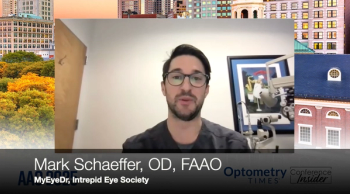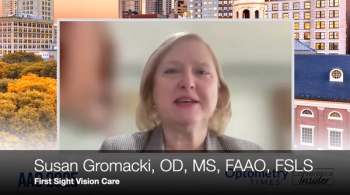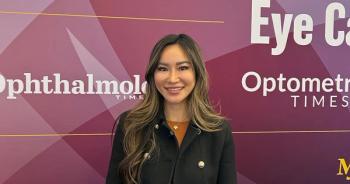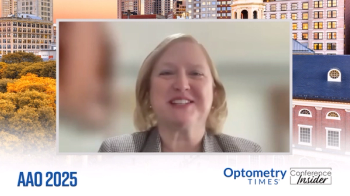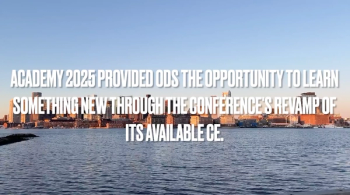
Tips on creating a space, treating patients with special needs
Catherine L. Heyman, OD, FAAO, FCOVD, shares highlights from her AOA 2022 presentation, "Evaluation and Management of Patients with Special Needs."
Catherine L. Heyman, OD, FAAO, FCOVD, assistant dean of student affairs, associate professor and coordinator of Blind Children's Learning Center Vision Program at Marshall B. Ketchum University, shares highlights from her presentation, "Evaluation and Management of Patients with Special Needs," which she presented during this year's American Optometric Association (AOA) Optometry's Meeting in Chicago.
This transcript has been lightly edited for clarity:
So my lecture was about working with patients with special needs. So whether that would be a patient who has Down syndrome, autism, cerebral policy, that's really the population that that I'm most passionate about and that I've worked with most often in my practice, and they can be a marginalized population where they don't have access to care because they are intimidated by doctors or because they just can't communicate well with doctors.
It's very important in optometry that we learn to evaluate these patients, that we learn to care for them in a manner that makes them feel included and comfortable. And just quick and easy modifications of the exam can just make that happen for them.
Additionally, this population has a large incidence of higher refractive error than we expect in the typically developing population. They have more incidence of strabismus and amblyopia. And so optometry becomes a really important piece to make their lives as quality and as fulfilling as they can be.
And again, just a few little modifications of the exam; being comfortable with getting minimal data, but getting it objectively as opposed to subjectively; being comfortable doing retinoscopy. Have a kind of clutter-free and welcoming environment.
Focus on the patient, as a patient and a person, and their whole person as opposed to thinking about their diagnosis. Get the opportunity to do a history where you find out what the key components that you're looking for based on their conditions so that you can really make your exam fast and effective. Being comfortable, just kind of chatting with folks and meeting them where they live.
That's that's really all it takes is just a great attitude and open mind. And seeing these patients can just be super rewarding and fulfilling as your career as you make their lives better.
Newsletter
Want more insights like this? Subscribe to Optometry Times and get clinical pearls and practice tips delivered straight to your inbox.


